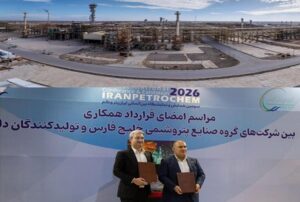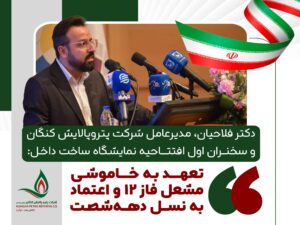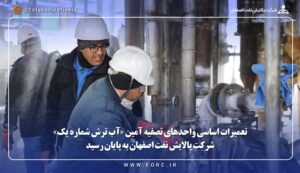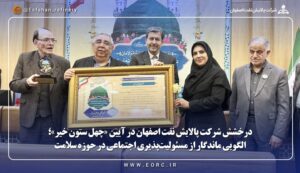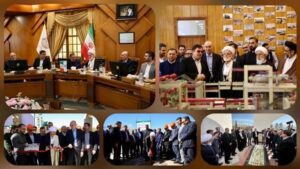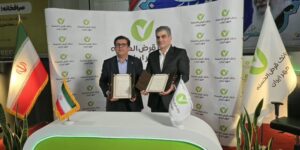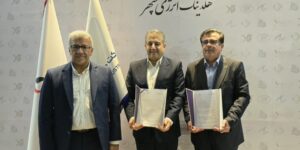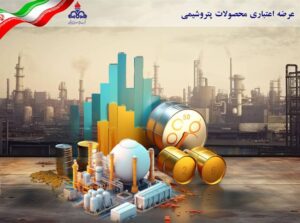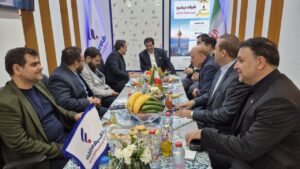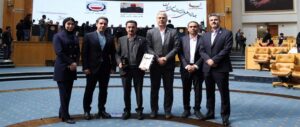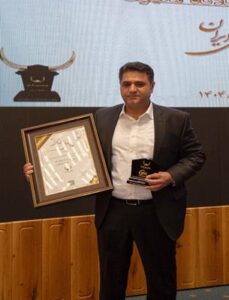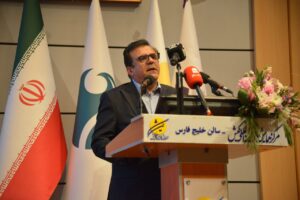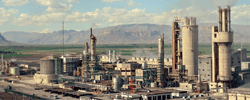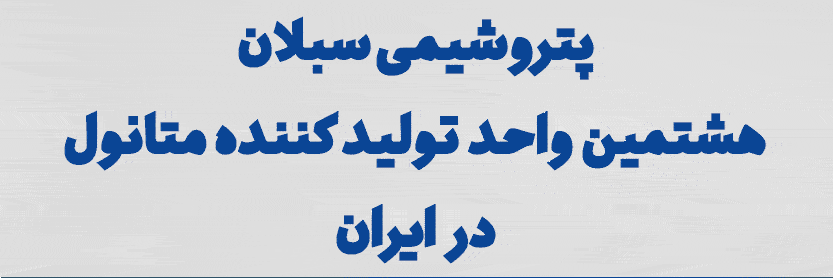Rahbord Energy: There are obstacles to export “currency, foreign exchange obligations, and mandatory price floor requirements set by the National Petrochemical Industries Company for exports.
Masoud Kefayatmand Ghayour, the CEO of Farabi Petrochemical said regarding the latest status of the Alvares case, the initial rulings and appeals rulings were issued against the company. But the application of Article 477 was stopped, and the proceedings were resumed in the company’s favor, and it is being reviewed in the Supreme Court. He believes that, considering the completion of the document, the result will be very auspicious for the shareholders.
Regarding the oil pension fund case, Kefayatmand said the company believes the problems within the family of the country’s oil industry can be resolved through dialogue and understanding.
Kefayatmand also referred to the selection of downstream projects and the plasticizer project in the phthalic anhydride value chain and said these projects were placed on the company’s agenda. He said that after reviewing dozens of projects on the agenda, fumaric acid and synthetic ethanol projects were selected. He said the company has welcomed new ideas to complete the value chain using its own products. The company has several other value chain plans that are on the agenda. At the same time, there’s the issue of reservoir tanks development on the agenda, and the use of new reservoir tanks construction capacities can create a very good profit for Farabi Petrochemical.
Regarding Farabi’s petrochemical market development strategy in Latin America and Africa, Kefayatmand said the company is facing obstacles such as the export currency debate, foreign exchange commitments, and the requirements set by the National Iranian Petrochemical Company’s (NPC) mandatory floor price for exports. He also said the goal of all regulatory bodies is to support production and facilitate exports, but the company believes that some problems about export challenges have been neglected that can be corrected through the exchange of opinions and consultations. He said it is hoped that export barriers will be removed.
Furthermore, there are expectations that barriers to the import of diethyl hexanol feedstock can be removed. It’s hoped that this will help the company in the production of dioctyl phthalate. There are limited capacities for supplying feedstock through Shazand Petrochemical. So naturally, import barriers to diethyl hexanol need to be removed so that added value can be created in a favorable way.
Source: Farabi petrochemical Department of Public & International Affairs


